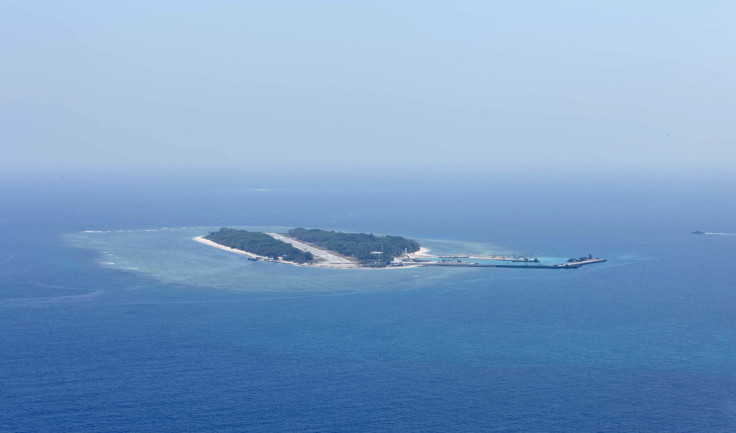South China Sea Controversy Update: Environment, Loss Of Coral Reefs, Mangroves Is ‘Severe,’ Beijing Says

While countries have been carefully watching China’s moves on islands in the South China Sea, a large problem is lurking underneath the region’s waters. Chinese officials have acknowledged the ecological damage being done to coral reefs and mangroves in the contested waters, according to a translation by the South China Morning Post.
“The situation is severe as compared to 1970s, as over 80 percent of coral reefs and 73 percent of mangroves have disappeared,” Wang Xiaoqiang, an official at the Ministry of Environmental Protection, said Sunday.
Wang said coral reefs, mangroves and seagrass have all been degrading in the region for “many years” due to “intensified human activities” as well as the impact of global warming. While Chinese officials listed broad causes, they did not specify which countries or businesses are directly responsible for the damage.
In an effort to secure its territorial claims, China has continued building structures on islands as well as creating islands in the disputed waters. New satellite imagery has shown China building sports facilities, including tennis courts and running tracks, on the Fiery Cross Reef and Mischief Reef of the Spratly Islands.
The loss of thousands of acres of reefs in the South China Sea is the fastest permanent loss in human history, John McManus, a leading marine biologist, told the Guardian last year after examining satellite images of China’s land reclamation. Illegal fishing has also damaged the waters of the South China Sea, with dredging for giant clams hurting the area’s ecosystem.
China has defended its actions in the South China Sea, saying last year that Beijing was “more concerned than anyone else” over the region’s ecology.
Brunei, China, Malaysia, the Philippines, Taiwan and Vietnam have all laid claim to parts of the South China Sea. That sea is a key regional transit artery, with over $5 trillion worth of trade passing through the resource-rich waters on a yearly basis.
© Copyright IBTimes 2024. All rights reserved.






















